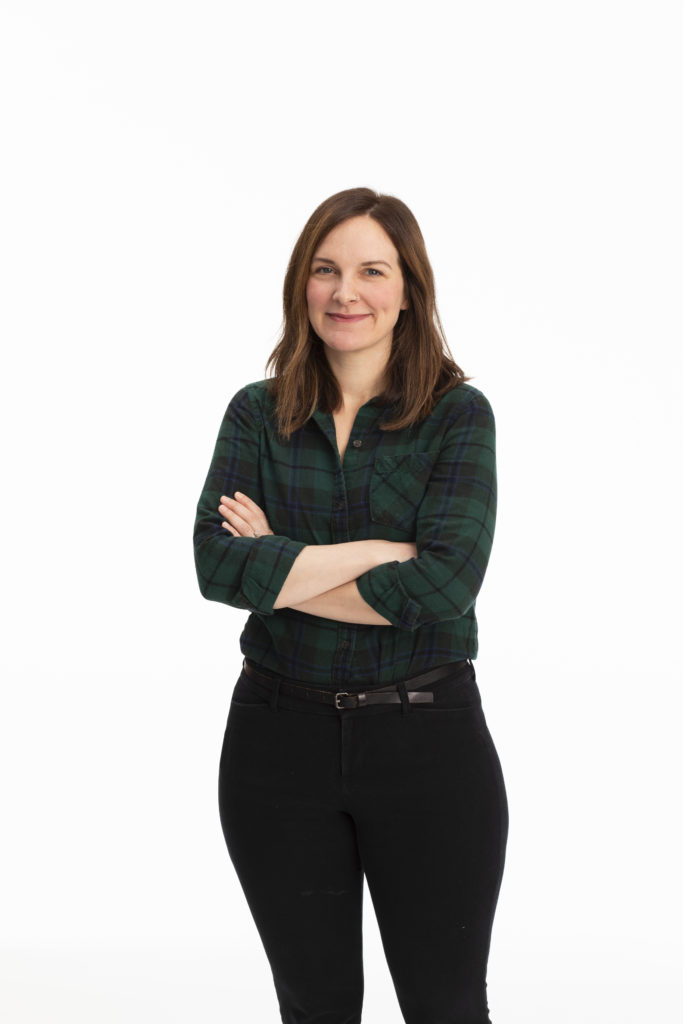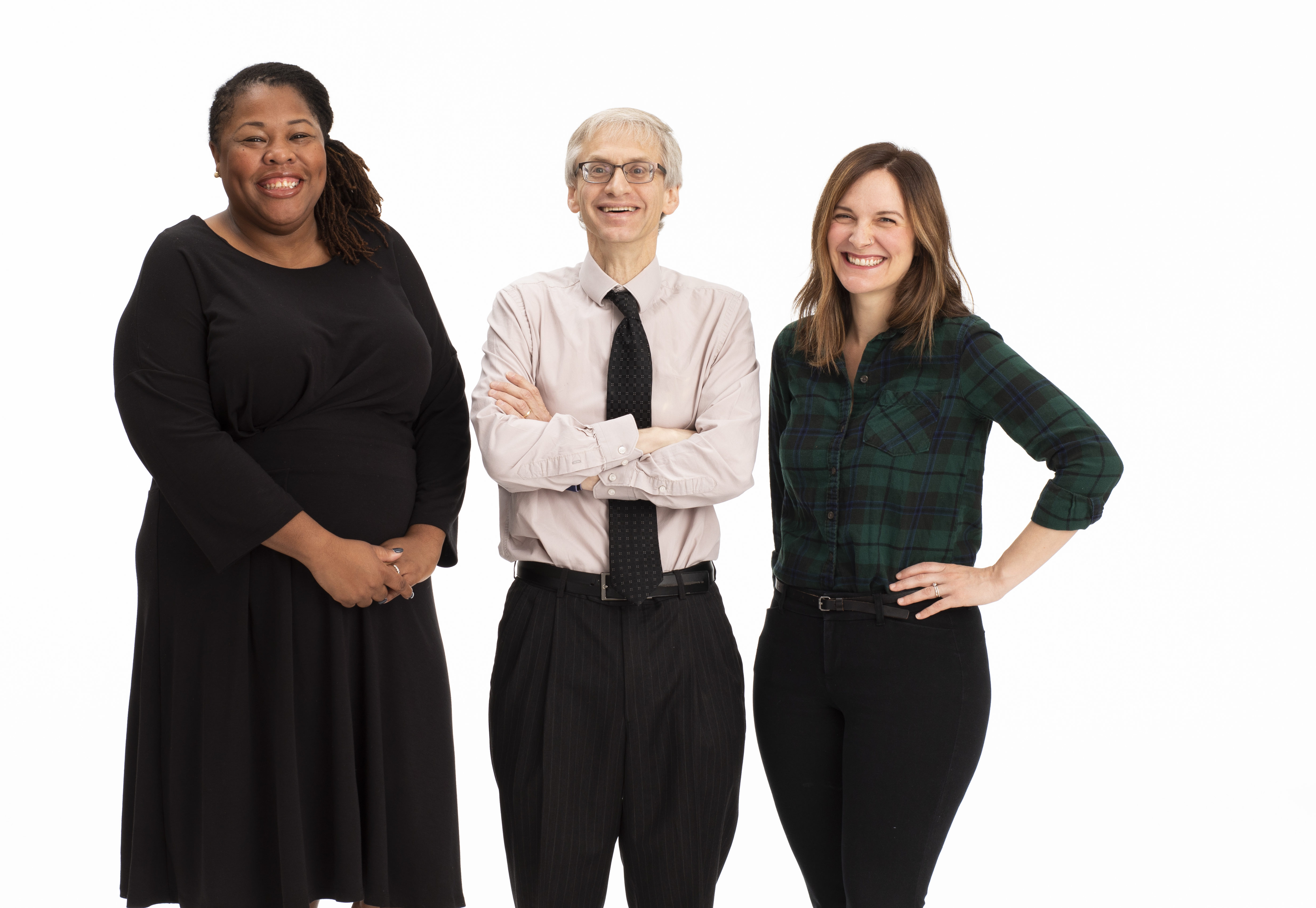Meet the Research Leaders: Anne Rufa, PhD
Interviewed by Maria Bertrand

Could you tell me a bit about your project with IRL?
Our team partnered with the I AM ABLE Center for Family Development on the West Side of Chicago. They are a wellness and mental health center. They created a model – TR4IM (Trauma Response and Intervention Movement). We’re working with them to do a program evaluation of that particular model and building capacity so they can do evaluation of the work moving forward. That might help them seek additional funding.
Somewhat separately, we’re doing qualitative work with people who have been part of the program, to get their feedback and see if there are barriers to success or things that people who are engaged in the program think would be a good idea to consider shifting.
Could you speak to the critical nature of Evelyn Coker, LCSW, the community partner within your project?
In addition to her own background and knowledge, she grounds things in the organization and the community. The Center is located in North Lawndale in Chicago. Evelyn allows a perspective on what the community needs, what they want, or what the organization is experiencing that we might not otherwise know. Even if you have a strong relationship with them as a researcher, many of us aren’t necessarily embedded in the community in quite the same way.
It’s a different level of knowledge and relationship that’s necessary for us to have the trust from them. To say that we’re going to talk to people working with their programs, those things land better. There’s more trust when there’s a representative from the organization or the community included in the work.
You’re in Chicago. I’m here in St. Paul. You and I are part of communities wherever we live, so what do you mean by “embedded within the community”?
One of the tattoos you’ll see most is the Chicago flag. There are drinks, food, and activities, things people associate with the city on a broader scale. When you get down to it, the neighborhoods themselves have such a different identity and experience. It ranges from quite serious things like how different communities in Chicago are impacted by structural racism. It’s one of the most segregated cities. But also the identity of the neighborhood. There’s the general Chicago identity, but then there’s the certain identity that people have from being part of those different neighborhoods.
Having community partners who — whether they work or live there — are there day to day. It’s different to actually get to know the people who live in that particular part of the city, to be there physically day in and day out, to get a sense of the energy and what’s happening.
What would look different about your project if you didn’t have that community-engaged research aspect?
Evelyn ultimately ends up being a bit of a translator, even little things such as compensation. We often do gift cards. Our go to is Target or Amazon, but is that something that the community will actually use? She checks our assumptions. There’s a lot of humility in doing community research. I want to be responsive and culturally humble and to work collaboratively. Even so, there are things I would have missed without Evelyn.
What do the researchers bring to these teams and their projects?
There are logistical, practical things you have to learn as you embark on a research job or career that you can bring to the table. I have taken the role in some ways of program manager, of keeping everything organized. Overall the researchers bring their background in research methods or in ethical things that are part of the work. Even the resource of time.
It feels like it whittles down to what system do you have in place to make research happen and to actually be able to land funding.
What have I not brought up that you’d like to say?
I’ve been thinking about how we need to more clearly democratize the ability to acquire knowledge, do research, and create partnerships. There isn’t need for one person or one organization to have all of the knowledge and resources. It makes sense for people to specialize in things, but sorting out how you pull all of that expertise together in a clearer way and creating systems that support that sort of work – not just within academic institutions — is really important.
 Anne Rufa is an IRL fellow from Cohort 2019-2022 of Interdisciplinary Research Leaders (IRL). To learn more about Anne and Team Chicago, read about their research project: Neighboring with Intention: Strengthening Communities with Trauma-Informed Care.
Anne Rufa is an IRL fellow from Cohort 2019-2022 of Interdisciplinary Research Leaders (IRL). To learn more about Anne and Team Chicago, read about their research project: Neighboring with Intention: Strengthening Communities with Trauma-Informed Care.
Interviews conducted, transcribed and condensed by Maria Bertrand, MPH ‘21. [Anne Rufa reviewed and approved this blog.]
The views represented in this post are those of the authors, not of Interdisciplinary Research Leaders or the Robert Wood Johnson Foundation.

